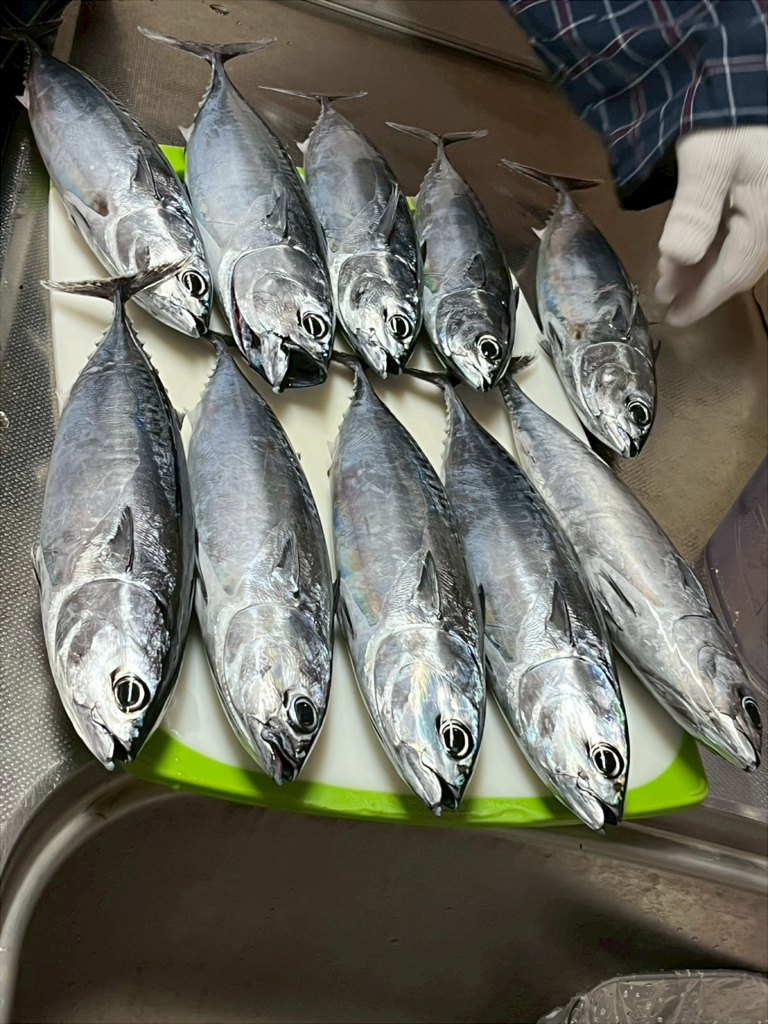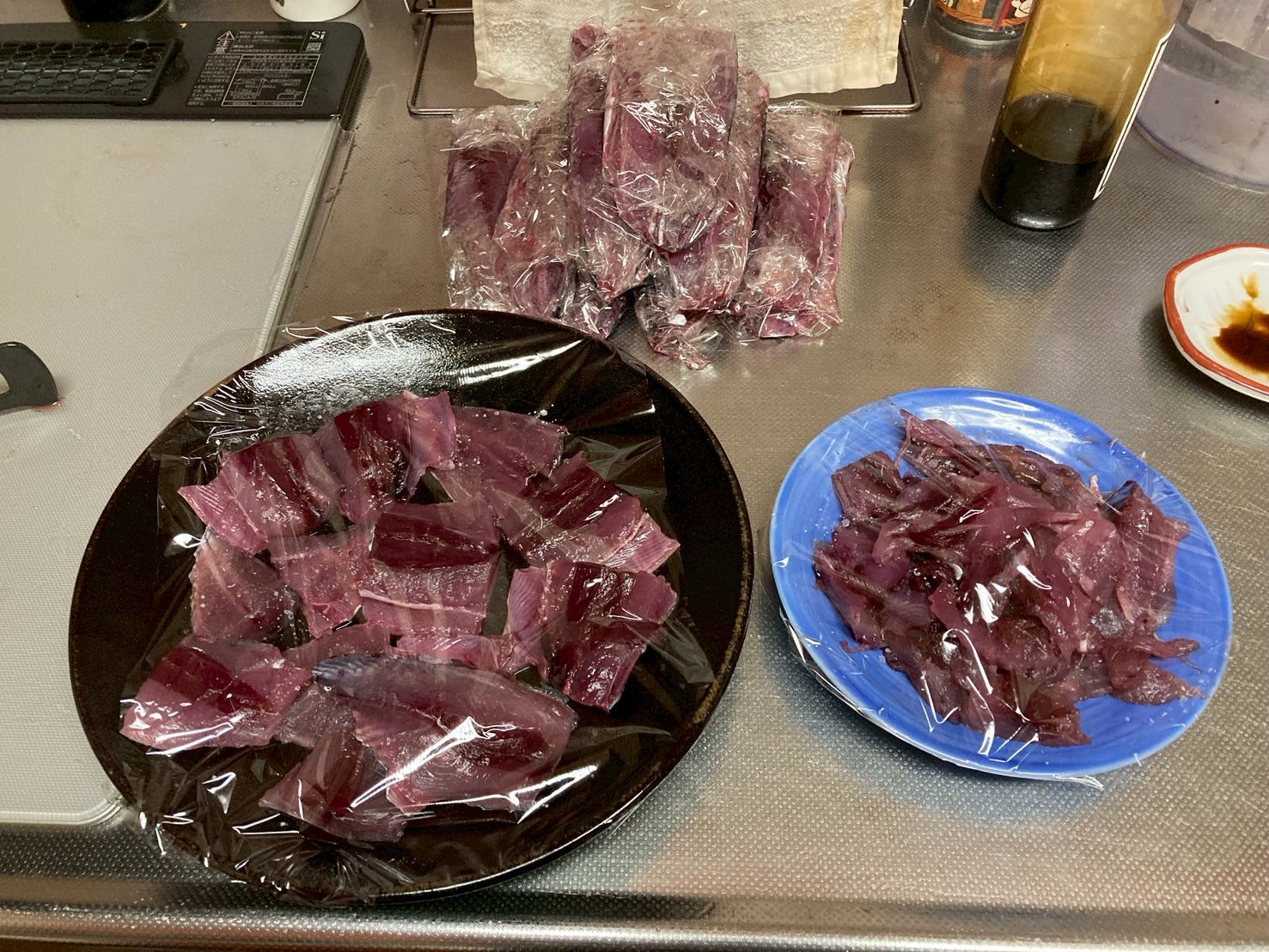『7日の衆院予算委員会は午前9時から開かれ、審議は約7時間続く。その準備に取りかかるべく高市首相が首相公邸での勉強会を始めたのは、午前3時だった』
“The House of Representatives Budget Committee convened at 9 a.m. on the 7th and continued deliberations for about seven hours. To prepare for it, Prime Minister Takaichi began a study session at the Prime Minister’s residence at 3 a.m.”
が、まあ、イレギュラーなことであれば特に問題ないのですが ――
Well, if it were just an irregular circumstance, there would be no particular issue--
内閣閣僚や自民党のことは知りませんが、私の勤務している会社では、このような行為が行われた場合、暗黙的どころか明示的に叱責されます。
I can’t speak for cabinet ministers or the ruling party, but in my company, such behavior would not just be frowned upon; it would be explicitly reprimanded.
私はかつて「午前2時ごろにメールで議論していた」という話を会議で口にしたところ、後輩から「そういう話はしない方がいいですよ」と注意されました。
Once, when I mentioned in a meeting that I had been exchanging emails around 2 a.m., a junior colleague warned me, “You probably shouldn’t say things like that.”
その時、私は恥ずかしかったですけど、同時に「正当な叱責だ」と納得しました。そうでなければならないと思ったのです。
I was embarrassed at that moment. Yet at the same time, I realized it was a justifiable reprimand and I thought, that’s exactly how it should be.
私のようなシニアが、ワークライフバランスを無視するような振る舞いを“武勇伝”のように語ること自体が、もはやパワハラと見なされる――それが今の企業社会の常識です。
When a senior like me boasts about ignoring work-life balance as if it were a war story, that in itself is now regarded as a form of power harassment, and that’s common sense in today’s corporate world.
-----
その人がどんな働き方をしていようと、私は干渉しません。
I don’t interfere with how others choose to work.
しかし、少なくとも「そう見せない努力」をすることは、上に立つ者として最低限の礼儀だと思っています。
But at the very least, making an effort not to show it is the minimum courtesy expected of anyone in a leadership position.
『高市首相が首相公邸での勉強会を始めたのは、午前3時だった』――結構なことです。
“Prime Minister Takaichi began a study session at 3 a.m.” ― fine, that’s her prerogative.
ただ、それをリモートで済ませるとか、せめて周囲の負担を抑える工夫くらいはできなかったのか、と思います。
Still, I can’t help wondering if she couldn’t have done it remotely or at least made some effort to lessen the burden on those around her.
しかも、それがニュースになるということは、その「午前3時」という情報がマスコミに流れていた、ということです。
And the very fact that it became news suggests that the “3 a.m.” detail was intentionally leaked to the media.
私はこれを“デモンストレーション”とまでは言いません。おそらく本当に勉強が必要だったのでしょう。今のところは、善意でそう信じておきます。
I won’t go so far as to call it a “demonstration.” She probably did need that study time. For now, I’ll assume so out of goodwill.
-----
ただし――首相が動けば大臣が動き、SPが動き、官僚が動く。
But when the Prime Minister moves, so do ministers, security details, and bureaucrats.
答弁を準備するため、誰かがさらに数時間前から待機する。
Someone has to start preparing for briefings hours earlier.
そうやって一人の深夜行動が、百人単位の連鎖を生む。
In that way, the single act of one person working at night triggers a chain reaction involving hundreds.
そしてその連鎖は次の連鎖を呼び、結局、国全体が「上に合わせて動く国民性」へと回帰していく。
That chain then breeds another, and before long, the entire nation reverts to its old habit of “moving in step with the top.”
その程度の見識は、権力の頂点に立つ者には持っていてほしい。
One would hope that someone standing at the pinnacle of power possesses at least that much awareness.
-----
働き方について、私だって人様に誇れるものではありません。
I can’t claim that my own work habits are exemplary.
ただ、人に“見せない努力”だけはしているつもりです。
But I do make a conscious effort not to show it.
それが、周囲の人間を守るための最低限のマナーだからです。
Because of that, at the very least, there is a basic form of decency that protects the people around me.
もしこの国が「24時間働けますか」の時代に戻ろうとしているのなら、私は本気で、それに抗う準備を始めます。
If this country is really trying to return to the era of “Can you work 24 hours a day?”, then I am fully prepared to fight against it seriously.
-----
私たちは、世界中に「Karoushi」という言葉(英単語)を生み出し、広めてしまった――
We are the ones who created the word “Karoushi” and spread it across the world--
『命を削る働き方を美徳として世界に晒した、恥ずかしい国民』であることを、もう一度思い出すべきです。
A nation that displayed to the world the grotesque idea that dying from overwork could be a virtue. We should never forget that painful truth about ourselves.



